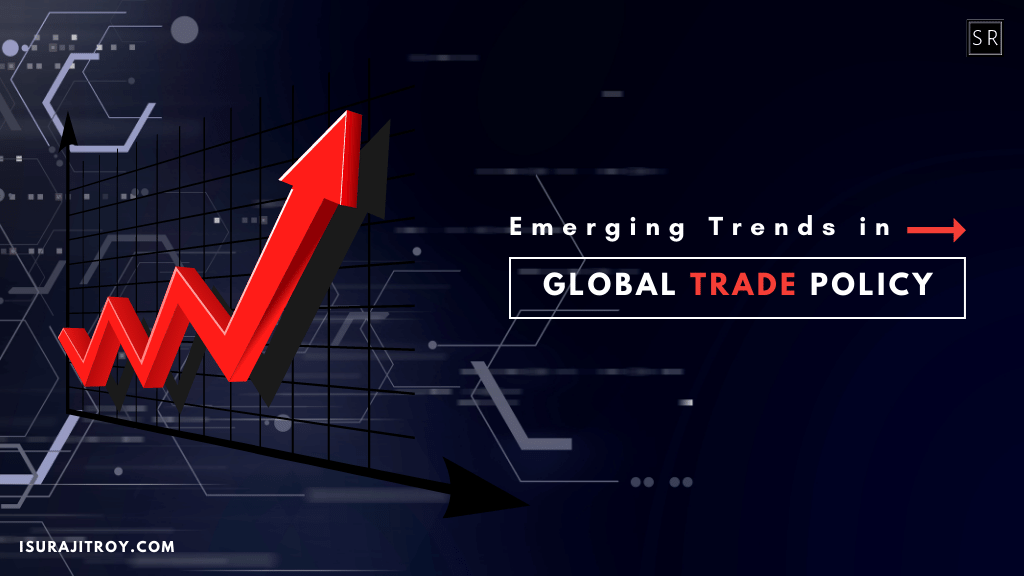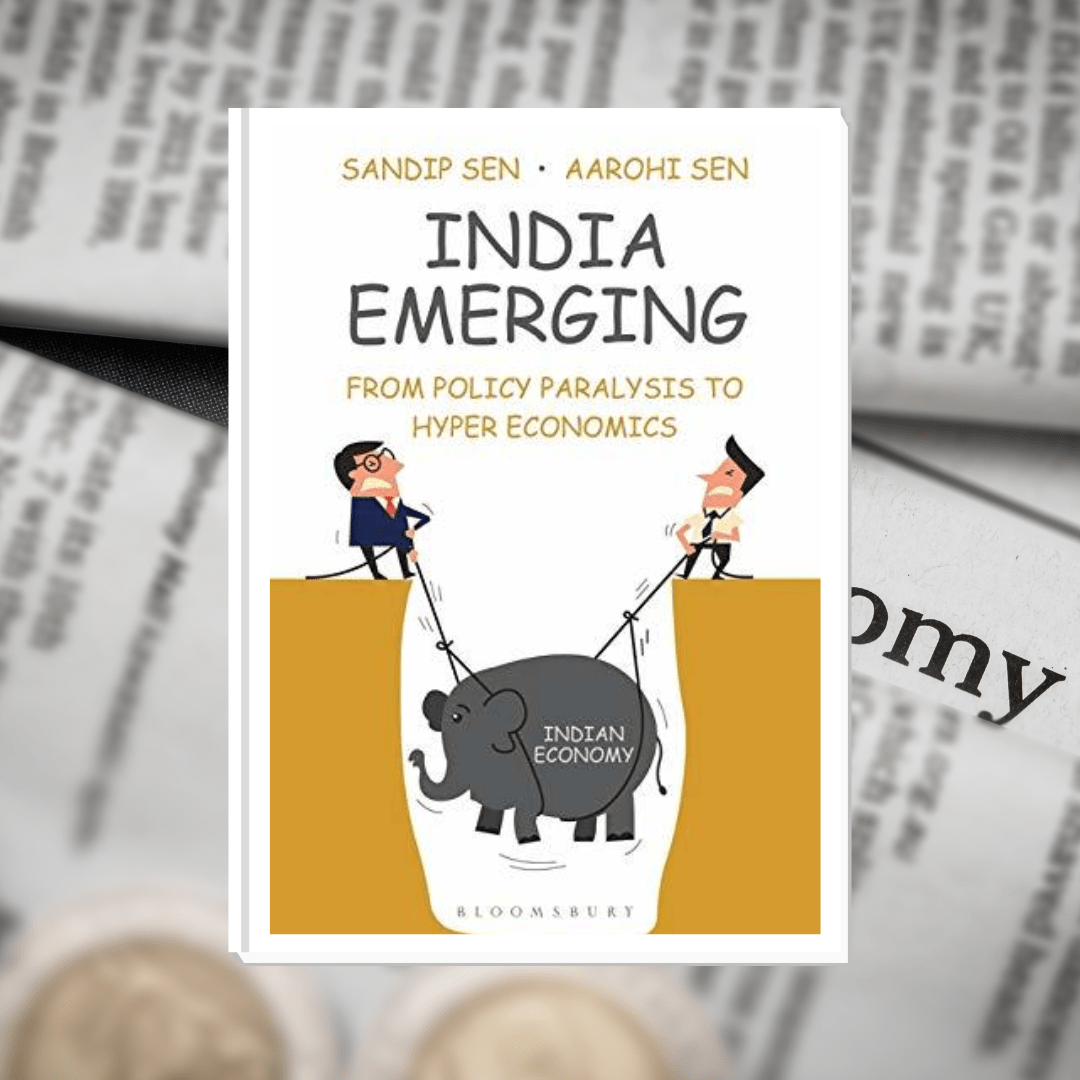
Trade policy is becoming a key component of economic growth and development as the globe becomes increasingly connected and globalised. Global trade policy has seen considerable changes recently, with new patterns developing to shape the environment. We shall examine these changes and how they affect international trade in this essay.
The Rise of Protectionism.
Protectionism is a major trade policy tendency. Trade restrictions between nations in an effort to defend home sectors are referred to as protectionism. Outsourcing, inequality, and a desire for national autonomy have contributed to this tendency.
Protectionist policies have taken various forms, such as tariffs, import quotas, and subsidies. The US-China trade spat is the most recent example of protectionism. The two countries’ tariffs on each other’s goods have greatly hampered international trade.
The Push for Multilateralism.
Multilateralism in global trade policy has increased alongside protectionism. Multilateralism refers to cooperation between multiple countries to create a more open and inclusive global trade system.
Emerging economies, non-tariff trade barriers, and the need for climate change collaboration have spurred multilateralism.
The Emphasis on Digital Trade.
Another emerging trend in global trade policy is the emphasis on digital trade. E-commerce platforms and online marketplaces facilitate digital trading.
High-speed internet, mobile devices, and platforms like Amazon and Alibaba have spurred digital trade. Digital trade faces data privacy issues and the digital divide between industrialised and underdeveloped nations.
The Importance of Environmental and Social Issues.
Finally, global trade policy is emphasising environmental and social considerations. Climate change, sustainable development, and fair trade have pushed this trend.
Trade agreements are increasingly including provisions related to environmental and social issues, such as labor standards and environmental protections. This tendency shows that economic growth and development must not harm the environment or its people.
Conclusion.
Finally, global trade policy developments are changing international trade. The rise of protectionism, multilateralism, digital trade, and environmental and social issues are examples. As these tendencies unfold, authorities must strike a balance between protecting domestic businesses and fostering an open and inclusive global trading system that benefits everyone.




